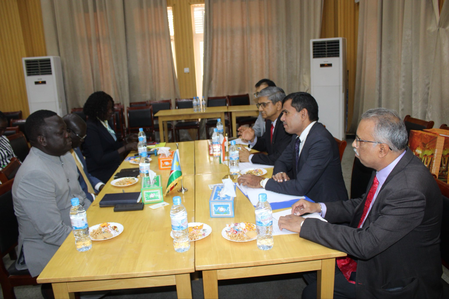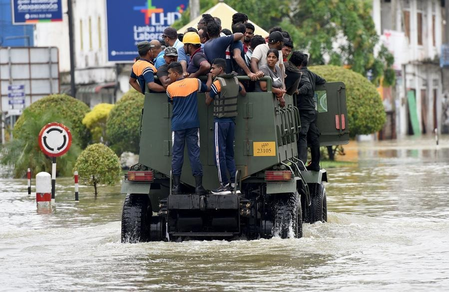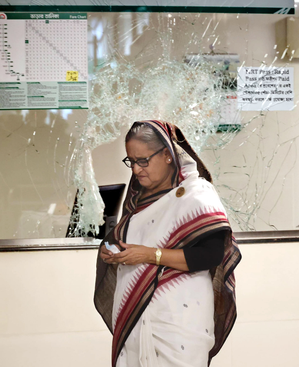
Vientiane, Dec 12 (IANS) Laos has launched a new health project to control the spread of HIV, tuberculosis (TB) and malaria, improving healthcare access and training local public health workers.
The project aims to prevent the emergence and spread of diseases while ensuring food security and livelihoods, particularly for vulnerable groups in the northern Bokeo province, the country’s Ministry of Health said on Thursday.
The project also aims to strengthen the capacities and skills of community and public health workers through continuous training and career management plans, Xinhua news agency reported.
In addition, civil society actors will be encouraged to participate in shared governance and field data monitoring and evaluation. The project aligns with Laos’ goal of eliminating these diseases by 2030.
Earlier this year, the World Bank approved the second phase of a project to support improving the quality of health and nutrition services in poor and rural areas of Laos.
The objective of the Second Health and Nutrition Services Access Project for Laos is to improve equitable access, utilisation, and quality of health and nutrition services in target areas and provide immediate response in case of a crisis or emergency.
The project features funding from the Australian government, the Global Alliance for Vaccine and Immunisation (Gavi), and the Global Fund to Fight AIDS, Tuberculosis and Malaria.
According to reports, around a third of Lao children are stunted by poor nutrition, and around 7,000 Lao children die before reaching their fifth birthday every year.
The project is expected to help local authorities work with villagers to address high birth rates among adolescents, and poor diets and feeding practices among mothers.
It will also expand services such as family planning, water supply and sanitation.
According to Alexander Kremer, the Country Manager of the World Bank Laos, one of the enduring challenges in Laos is to bring health and nutrition services to the large number of people living in remote villages.
This project renewed efforts to provide more and better services in rural communities.
–IANS
int/jk/as




